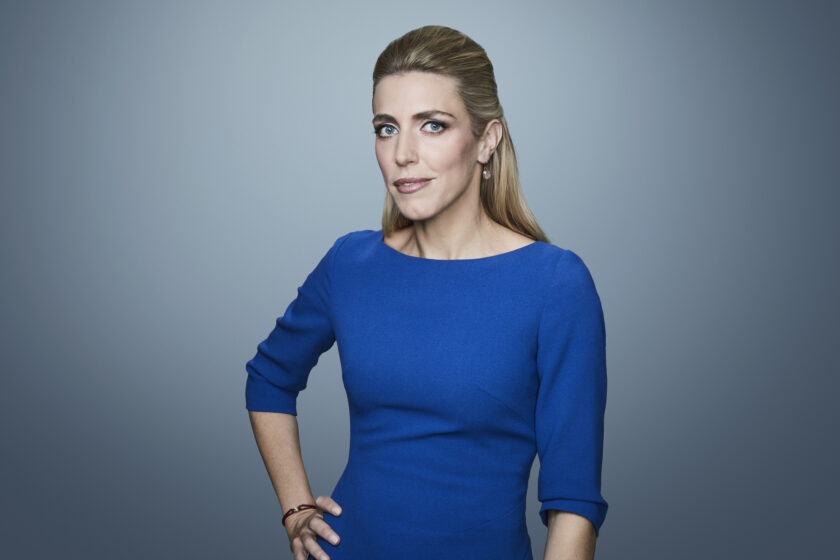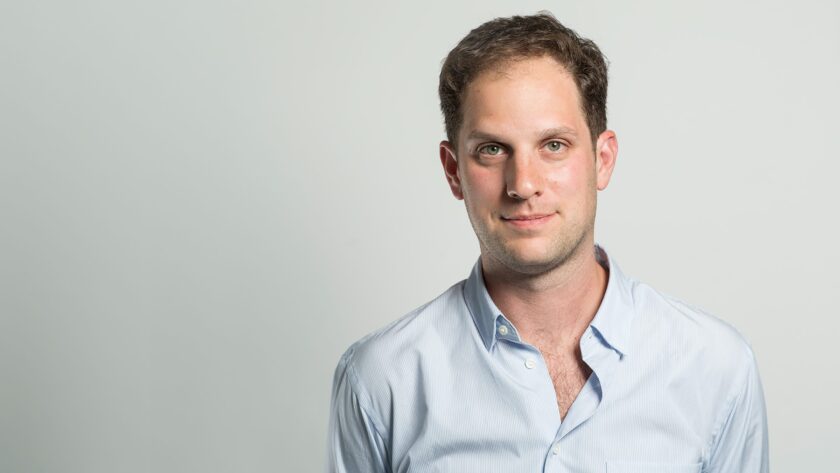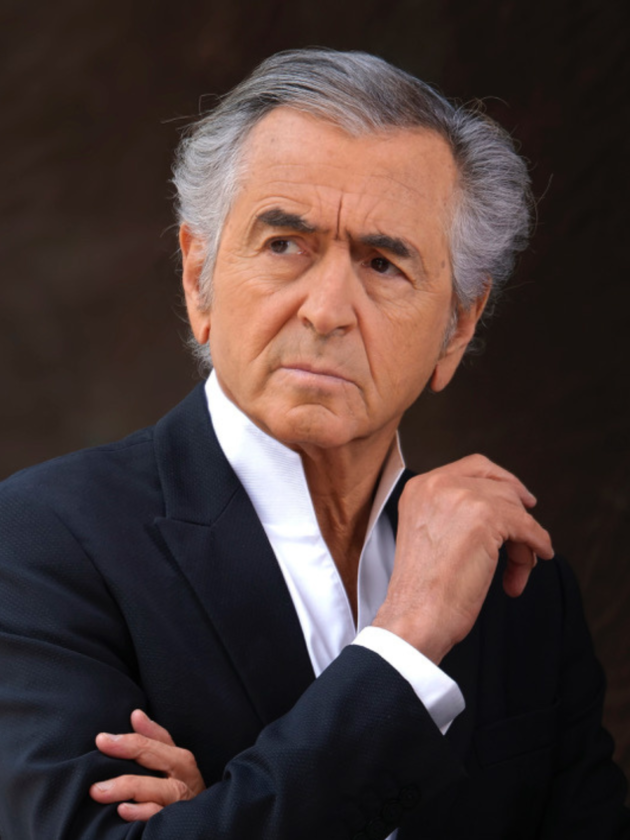After a devastating terrorist attack, much of the world voiced their support for the satirical French magazine Charlie Hebdo with three words: “Je Suis Charlie” (I Am Charlie).
Just days later, the survivors went to press with a cover that added three more words to the conversation: “Tout Est Pardonné” (All Is Forgiven).
Even in their darkest hour, Charlie Hebdo provided a beacon of light for journalists everywhere. Their resilience demonstrated how violence cannot endure, while free speech must. They embodied the courage and integrity that the Daniel Pearl Award was created to honor.
Judea Pearl, Daniel’s father, presented the award to Charlie Hebdo’s Antonio Fischetti at the 57th Annual Southern California Journalism Awards. The event, held by the Los Angeles Press Club on June 28, 2015 at the Millennium Biltmore Hotel, included powerful speeches from both men, which can be seen in the video above. A full transcript provided by Pearl is below, followed by a partial transcription of Fischetti’s acceptance speech.
Full transcript provided by Judea Pearl:
Friends, colleagues, distinguished guests,
Before we get to the business of presenting the 14th Daniel Pearl Award for Courage and Integrity in Journalism, I would like to thank the LA Press Club for instituting this annual Award in memory of our son, Danny, and to acknowledge the presence of a few special guests: (1) the French deputy consul general, (2) Ms. Saher Baloch, a Daniel Pearl Journalism Fellow, who is visiting us from Pakistan and, (3) Last, but not least, Mr. Antonio Fischetti, representing the staff of Charlie Hebdo Magazine, to whom we have the honor of giving tonight’s Award.
Friends, This is the 14th year in a row that I stand here before you and philosophize on the nature of courage, the anatomy of integrity, and the noble side of journalism.
For 14 year in a row I ask you, and the recipients of this award: Where do you get the audacity to assume that you have the right to unveil the stories that you do? Or to publish a story the way you see it?
This year, there is no need for philosophy.
There is no place for such hypothetical questions.
We all understand tonight what courage and integrity mean, as we stand here and remember, not only the fatal day of January 7, 2014, but also the many months before, how the editors and staff of Charlie Hebdo stood firm, under threats, sometimes alone, often criticized by their own peers, and own countrymen, and defended a value that all of us cherish in our heart, without which we can’t even begin to imagine our lives.
Freedom of expression.
Pat Morrison wrote that the January 7th massacre in Paris was a turning point in the history of Journalism. On that day, she quoted Mr. Fischetti as saying “they tried to eliminate not just a single reporter, or a single editor but a whole newspaper. They decided to eradicate this symbol of freedom that was Charlie.”
Our son’s murder was another turning point for journalists. When he was abducted, in 2002, journalists used to enjoy an aura of protection. The millions of people who were praying with us for his safe return kept assuring us:
“They will not dare harm him. After all, he is a journalist.”
This was the world in 2002.
Who could imagine that 14 years later, journalists will become the most common target of violence. Who could imagine that 14 years later, international terrorism will become so much stronger than it was in 2002.
What is important to notice is that, since 2002, the UN could not even bring itself to define what terrorism is. The first rule of war is that you must define your enemy, without which the war is lost at the start.
Unfortunately, we, in the free world have not succeeded in defining the enemy. We have refused to admit that our enemy is not militant organizations such as Al Qaida or the Taliban but an OVERARCHING IDEOLOGY that licenses such groups to elevate their grievances above the norms of civilized society. In that we failed.
Even the Fort Hood Shooting we labeled “Workplace Violence”
It was much easier to fight Al-Qaida than to deal with a theologically-based ideology that propagates invisibly through the internet.
I heard Lord Rabbi Sack give a speech the other day, in Jerusalem, saying that the violence and turbulence we are witnessing is a defining moment for civilization, which, in many ways resembles the religious wars of the 16th 17th century in Europe, after the invention of the printing press. (The Internet of Guttenberg).
Such a war, he claims, can only be fought by religious leaders. For several reasons:
1. The enemy is motivated by theology, thru and thru.
2. The West is not good in understanding the psychology of theology. Religious leaders do.
3. All religions are currently victims of this war.
Christians are persecuted in Syria and Iraq. Moderate Muslims are being killed everywhere, from Kuwait, to Tunis to Pakistan. The Bahais are persecuted in Iran. Not to speak about the Jews who cant cross the street in Europe, even in France.
In times like that, said Rabbi Sacks, the solution can only come from religious leaders.
I agree with his diagnosis but not with the prognosis. Why? Because religion is dead in the West, it lost its grip on our souls. We love our religious leaders, but we do not take them seriously.
So, Who DO we take seriously?
Not our politicians, of course, so WHO?
You guessed right! Our journalists!
Think about it. Who serves today as the modern-day equivalent of yesterday’s clerics? Who does the public entrust to serve as the moral compass of society, and, like the ancient prophets, risk his/her life by exposing corruption, institutional injustice, dishonesty and terrorism?
The Journalist.
I therefore believe that the war on terrorism will be won, not by Priests, Rabbis and Imams, but by journalists like Charlie Hebdo, standing together in the protection of our freedom.
Mr. Fischetti, your brave colleagues at Charlie Hebdo, its editors and staff have been protecting our freedoms for many years – alone –, it is now our duty to protect their vision for generations to come. Please convey our condolences to the families of the victims and please accept the 14th Daniel Pearl Award as a symbol of our commitment to stand by you and by the values of your brave colleagues.
Thank you.
Partial transcription of Antonio Fischetti’s speech:
Charlie Hebdo journalists and cartoonists were killed for using humor to denounce Islamist terrorism. In this regard, I would like to clarify some points against some people who accuse us of Islamophobia.
We have always been careful to make a difference between criticism of terrorists and all Muslims. Similarly, we make the difference between satire of all religions (which is part of the blasphemy law guaranteed by the French law, which we see as a pillar of democracy) and defamation of individuals [resulting from] racism (against which we have always fought).
We have always believed that if we deviated from our beliefs, the terrorists would move forward.



